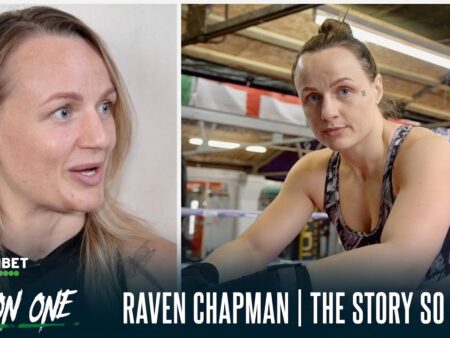In the high-stakes world of professional tennis, every tournament entry, every scheduled break, is a calculated move. For a titan like Novak Djokovic, these decisions are not merely about showing up; they are strategic masterstrokes in a career defined by unprecedented success and relentless pursuit of excellence. Recently, former top-10 player John Isner offered a rare glimpse into this intricate strategic planning, shedding light on why Djokovic chose to participate in the Shanghai Masters.
Isner`s Insight: A Strategic Masterclass, Not a Whim
When Novak Djokovic`s name appeared on the entry list for the Shanghai Masters, it sparked considerable discussion. For a player who has already redefined historical records, every appearance carries weight. John Isner, a towering figure himself in the tennis world, provided a seasoned perspective on this decision. According to Isner, Djokovic`s participation is far from an impulsive choice; it`s a meticulously planned step in managing his grueling schedule and maintaining peak performance.
“I think he plays because he`s taken quite a few breaks this year already. He definitely wants to stay in it for next season. If he wasn`t planning on playing the same schedule next year as this year, he wouldn`t play Shanghai. I think too long a break would do him a lot of harm.”
This statement by Isner cuts to the core of elite athlete management. While rest is crucial, an *excessive* break can disrupt the delicate rhythm of match play, mental sharpness, and physical conditioning. For Djokovic, who operates at a level where marginal gains dictate outcomes, maintaining this equilibrium is paramount.
The Rhythm of the Champion: Avoiding the `Rust`
Djokovic`s 2023 season has been remarkable, marked by an impressive haul of Grand Slams. Yet, it has also featured a more selective schedule compared to many of his peers. This lighter approach, while preserving his body, necessitates careful management to prevent what athletes often refer to as “rust.” The Shanghai Masters, a high-profile ATP 1000 event, offers the perfect arena to:
- Maintain Match Fitness: Engage in competitive matches against top opponents, keeping his game sharp.
- Preserve Mental Acuity: Stay immersed in the high-pressure environment of the tour.
- Fine-tune Technique: Continually adapt and refine his game in live match conditions.
- Prepare for the Future: As Isner suggests, it`s about staying “in it for next season,” setting a precedent for continuous engagement.
The idea that a player of Djokovic`s caliber needs to *force* himself to play to avoid an overly long break might seem ironic to the casual observer. After all, isn`t rest the ultimate luxury? However, for a professional athlete whose body and mind are finely tuned instruments, a lengthy hiatus can be counterproductive, demanding a more arduous return to form.
Beyond Shanghai: The Australian Open and Legacy Planning
Isner`s commentary didn`t stop at Shanghai. He also pondered Djokovic`s post-Shanghai strategy, recalling last year`s decision to skip the ATP Finals in Turin and the Paris Masters. This year, the situation might differ.
“It will be interesting to see what he does after Shanghai… If [Shanghai] becomes his last tournament of the year, one could say that Djokovic just wants to finish the season on a good note, playing a few good matches, and then start quietly preparing for the Australian Open.”
This speculation underscores the long-term vision that champions like Djokovic possess. Every tournament, every break, is often viewed through the lens of the next Grand Slam – particularly the Australian Open, where Djokovic has achieved unparalleled success. A strong showing in Shanghai could provide the ideal momentum, a “good note” to conclude the active part of his year, allowing for a focused, yet perhaps less stressful, off-season preparation for the demanding Grand Slam in Melbourne.
The strategic balancing act between immediate results, physical well-being, and long-term legacy is a tightrope walk only a few athletes master. Djokovic`s decision to compete in Shanghai, as illuminated by John Isner, is a prime example of this masterful navigation. It`s not just about winning the next match; it`s about sculpting a career and ensuring sustained dominance, one meticulously planned tournament at a time.











